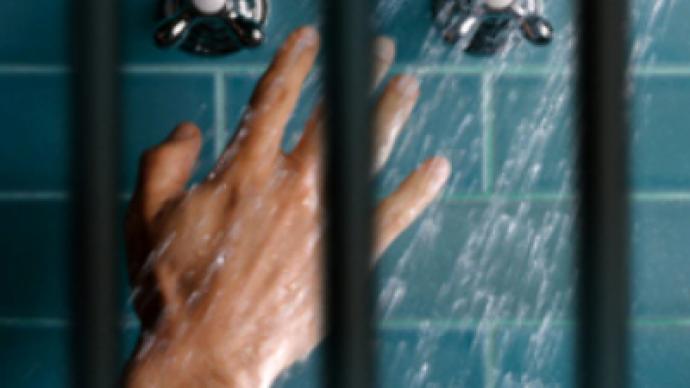Prisoners to pay for Israel’s water shortage

As Israel’s drought worsens, officials have found a new way to cut back on water consumption. The head of the water authority, Professor Uri Shani, has proposed limiting washing facilities in jails.
At a recent cabinet meeting, Shani painted a bleak picture of the water supply in Israel, which he said was worse than ever and was likely to deteriorate.
Shani’s idea was welcomed by the Minister of Environmental Protection, Gideon Ezra, who proposed setting a time limit for washing. “They have nothing to do in prisons so they are bathing all the time, wasting water,” he said.
Other ministers, though, were sceptical, suggesting other steps could be taken before cutting water to prisoners. Ami Ayalon, for example, said it was worth cutting running water for several hours in all Israeli households on a daily basis.
Yitzhak Cohen from the Shas party is against the idea, suggesting another solution to water shortages: “We are praying, there’ll be much rain, and reservoirs will fill with water,” he said.
Israel has experienced four straight years of below-average rainfall, bringing water supplies to a dangerously low level. Weather forecasts for next year are not bright, predicting little rainfall with which to replenish fresh water supplies.
Tackling water shortage
The Water Authority has already taken steps to deal with the situation. They have limited the watering of public and private gardens and parks, and have embarked on a public awareness and information campaign.
Water quotas for farmers have been cut and prices have been raised, including the elimination of reduced rates for gardens.
Meanwhile, further cuts for farmers are possible. National Infrastructures Minister, Binyamin Ben-Eliezer, described the potential cuts as a “death blow” to agriculture.
“No one should delude themselves; we will have to cut between 100 million and 150 million cubic metres and we will have to compensate the farmers who will lose their income,” Ben-Eliezer warned.
Some experts claim the current crisis is the result of ill-advised policy for over a decade. Had the authority taken measures earlier, the water situation would have been much less serious, even during drought years













